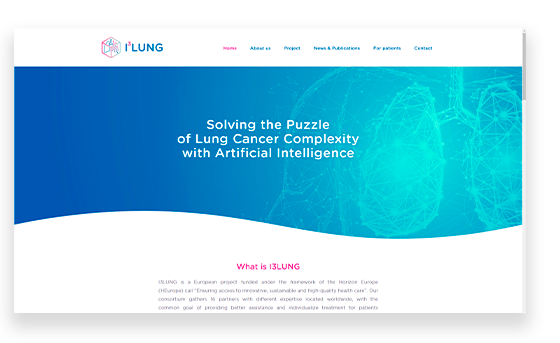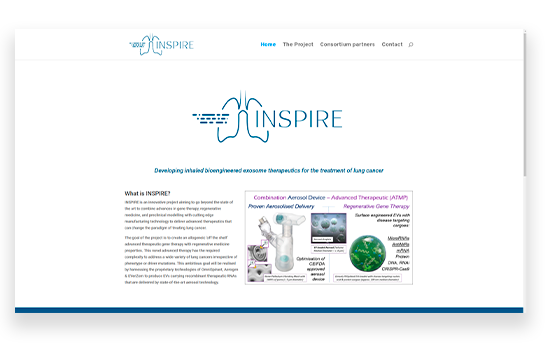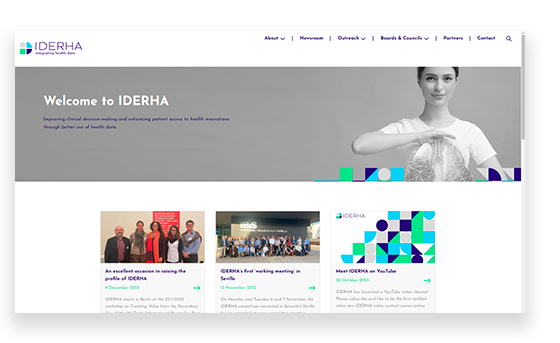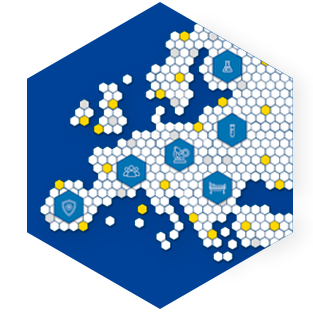
I3Lung
Integrative science, Intelligent data platform for Individualized LUNG cancer care with Immunotherapy.
The I3LUNG project, funded under the H2020 call for “Ensuring access to innovative, sustainable and high-quality health care,” is a significant European initiative that involves 16 global partners with diverse expertise. The project’s primary focus is to enhance treatment and provide personalized care for patients suffering from metastatic lung cancer, specifically metastatic non-small cell lung cancer (mNSCLC), the most prevalent subtype. I3LUNG plans to enroll over 2000 mNSCLC patients to study their individual responses to immunotherapy, a treatment that leverages the body’s immune system to fight cancer. Checkpoint inhibitors, a type of immunotherapy used in mNSCLC, help boost immune cells to recognize and destroy cancer cells. While immunotherapy has become the standard care for mNSCLC, it often comes with substantial toxicity, variable clinical efficacy, and high costs for healthcare systems.
A critical aspect of the I3LUNG project is addressing the limitations of current biomarkers, such as Programmed Death-Ligand 1 (PD-L1), in predicting patient outcomes to immunotherapy. The project acknowledges the urgent need for more comprehensive molecular and translational analysis to improve prediction of immunotherapy responses. In tackling this challenge, I3LUNG leverages advancements in Artificial Intelligence (AI) and machine learning (ML). By integrating vast amounts of biological, molecular, radiological, and clinical data from more than 2000 mNSCLC patients, the project aims to develop an ML algorithm that can predict individual responses to immunotherapy. This approach intends to move away from the one-size-fits-all treatment model, allowing for more personalized and effective treatment plans. This tailored strategy is expected to reduce economic burdens in Europe and improve patient outcomes by aligning treatments more closely with patient needs. The I3LUNG project spans five years, from June 2022 to May 2027.

INSPIRE
Developing inhaled bioengineered exosome therapeutics for the treatment of lung cancer.
INSPIRE is an innovative project aiming to go beyond the state of the art to combine advances in gene therapy, regenerative medicine, and preclinical modelling with cutting edge manufacturing technology to deliver advanced therapeutics that can change the paradigm of treating lung cancer.
The goal of the project is to create an allogeneic ‘off the shelf’ advanced therapeutic gene therapy with regenerative medicine properties. This novel advanced therapy has the required complexity to address a wide variety of lung cancers irrespective of phenotype or driver mutations. This ambitious goal will be realised by harnessing the proprietary technologies of OmniSpirant, Aerogen & EVerZom to produce EVs carrying recombinant therapeutic RNAs that are delivered by state-of-the-art aerosol technology.

Spacetime
Understand tumor-host interactions, develop diagnostic tests for personalized immunotherapy in lung cancer patients, and derive meaningful signatures for patient classification and treatment options.
The SPACETIME project, standing for SPatial Analysis of Cancer Evolution in the Tumour Immune MicroEnvironment, aims to build a comprehensive understanding of spatial and temporal tumour-host interactions. This knowledge base will support the development of diagnostic tests that can stratify lung cancer patients for appropriate immunotherapy treatments. Specifically, the project intends to leverage novel spatio-temporal tumour microenvironment signatures as a foundation for precision immunotherapy, particularly focusing on lung cancer patients.
To accomplish its objectives, SPACETIME will generate a unique dataset that integrates information on cellular identity, communities, transcription, metabolome, and glycome within the spatial context of tumours, derived from both human and mouse lung adenocarcinoma samples. This multi-layered approach aims to unravel the trajectories of tumour-host co-evolution. Furthermore, the project aspires to derive meaningful signatures based on cellular communities, facilitating patient classification based on spatial organisation patterns within tumours. These endeavours will be instrumental in understanding the functional implications of identified signatures for patient immune responses and potential treatment options, aligning closely with the expected outcomes of the HORIZON-MISS-2023-CANCER-01-01 initiative.

Interested in Participating?
Would you be interested in participating in any of these initiatives? Please fill in the form and we will contact you shortly.



